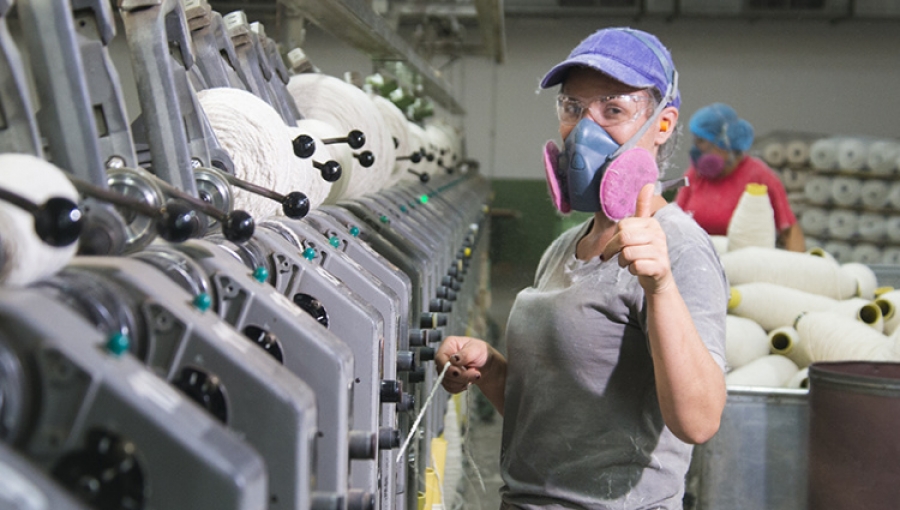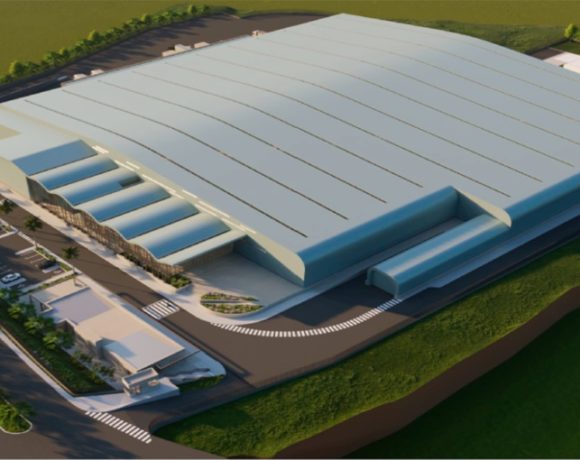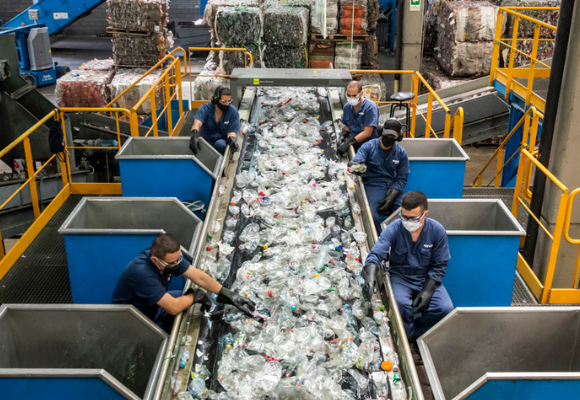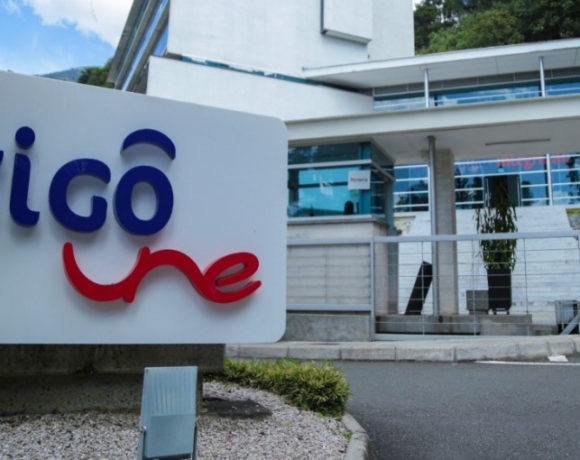Fabricato 3Q 2019 Sales Rise Year-on-Year, but Net Loss Worsens

Medellin-based textile giant Fabricato on October 31 reported a third quarter (3Q) 2019 net loss of COP$13 billion (US$3.8 million), worse than the COP$9 billion (US$2.67 million) net loss in 3Q 2018.
However, earnings before interest, taxes, depreciation and amortization (EBITDA) improved year-on-year, to COP$3 billion (US$891,000), versus COP$909 million (US$270,000) in 3Q 2018.
Sales also improved year-on-year, to COP$107 billion (US$32 million) in 3Q 2019 versus COP$96 billion (US$28 million) in 3Q 2018.
As for nine-months 2019 results, net loss to date stands at COP$39.8 billion (US$11.8 million), worse than the COP$28 billion (US$8.3 million) losses in nine-months 2018.
Despite the losses, Fabricato cited over-all business environment improvements in 3Q 2019 — especially in retail clothing sales, up 4.9% year-on-year.
“There is an increase in demand for ready-made [clothing] products in Colombia, which in addition to the natural growth of the period is also explained by the volatility of the U.S. dollar [against the Colombian peso] and decrees 274 and 275 of the National Development Plan, which establish a tariff of 37.9 % for ready-made imported products [sold] at a price lower than US$20 per kilogram (as of November 2019), which makes importation less attractive,” according to the company.
“The increase in demand for Colombian ready-made products carries greater demand for textile products, which in turn demand more threads,” Fabricato added.
The 11.2% year-on-year increase in demand for Colombian textiles “is the result of good performance of the national market mainly in the fashion segment, but also the institutional segment has had a higher than expected level of demand,” according to the company.
“In exports, the main growth is Brazil, a developing market for our company since 2018 with an important potential in which we continue to focus resources for its consolidation.
“[G]rowth in sales in the higher value-added segments, as recognized brands of Colombia and abroad, the reduction of fixed costs, the efficiency in administrative and financial processes and the contribution to working capital by the advance of real estate business flows” have helped Fabricato boost sales and EBITDA, according to the company.
On the other hand, “there are still favorable conditions for importation (very low thresholds and tariffs), which is why many traditional textile marketers decided to import. Because [cheap imports] represent an attractive business — given that the majority of its origin prices are extremely low (due to unfair practices at origin) — other non-traditional marketers also dedicated themselves to importation,” Fabricato warned.
“As these products are oriented to the production of basic clothing, attributes such as quality and design remain in the background, but the truth is that they represent more than half of the market in some segments, such as denim, which is the fabric for pants jeans.”
Even so, “it is perceived at this time that the import of basic textile products does not show growth because these have already achieved a very high participation in the market.”
In addition, “currency volatility with an upward trend in the quarter — although it greatly impacted production costs — impacted imported products 100%, which allows us to believe in a partial recovery of the domestic products market in the coming months,” the company added.
















